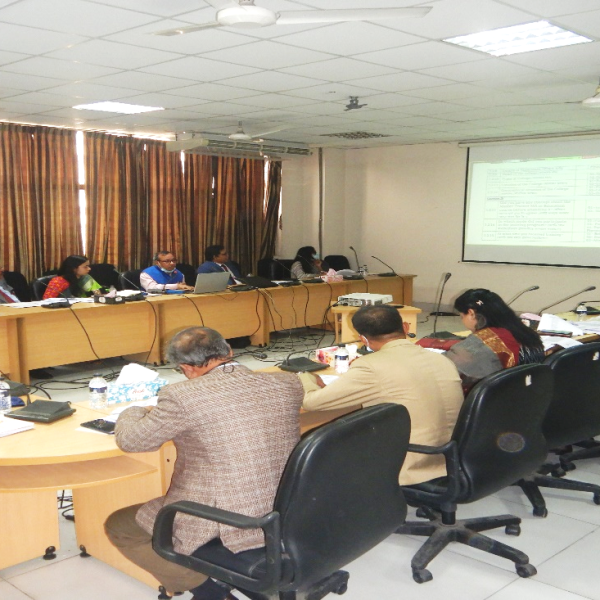
Since 2016, the World Bank has been supporting the Government of Bangladesh (GoB) to develop the tertiary college education system through the College Education Development Project (CEDP). The CEDP works to improve the quality and relevance of education in colleges and to enhance the management and planning of the tertiary college system. The project is jointly implemented by the University Grants Commission and the National University. The main objectives of the CEDP are to a) strengthen the strategic planning and management capacity of college education subsector; b) to improve the teaching and learning environment of participating colleges. CEDP has some very important responsibilities which will be executed under the time bound Disbursement linked indicators (DLI) as agreed by GoB and IDA. CEDP comprises of three components: (1) Component 1: Strengthening Strategic Planning and Management Capacity, (2) Component-2: Improving the Teaching and Learning Environment in Participating Colleges, (3) Project Management, Communications and Monitoring & Evaluation. Under the component 2; sub-component 2.1 CEDP is bringing about qualitative improvements in teaching and management in the college sub sector through supporting (a) the training of master trainers; (b) teacher training; (c) capacity building of college principals and future leaders and (d) capacity building of policy makers for sub sector development. The Project also supporting the development of training contents and Learning Management System (LMS).
The objective of the assignment will be a rapid assessment/evaluation of the mid-term performance of the teacher training program carried out under the CEDP. It also examine the rationale, design and assessment criteria used in the development and delivery of the training activities and identify appropriate changes and provide recommendation to enhance effectiveness and impact. SAMAHAR is engaged for conducting Survey and Studies on Effectiveness and Situation Assessment of Teachers’ Training.
SAMAHAR have done the following activities:
Client: Department of Education
Funding By: GoB